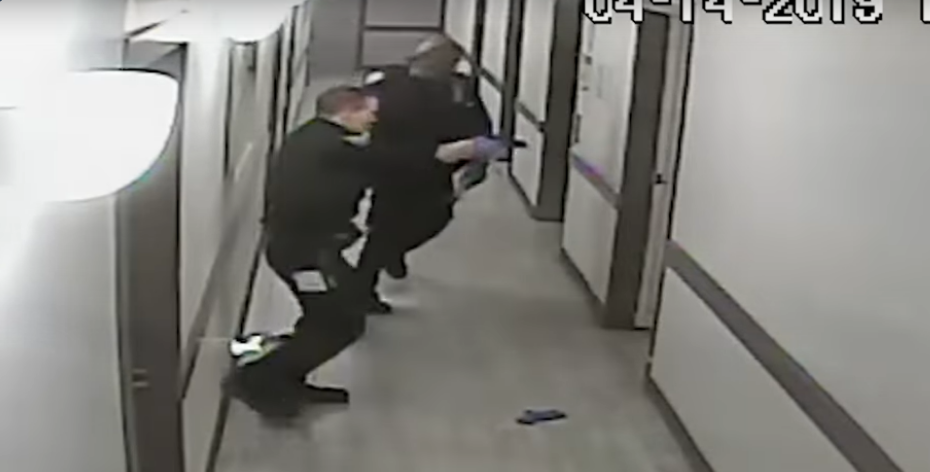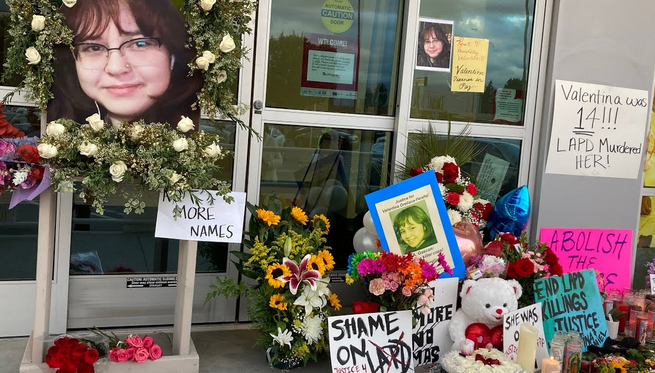Under Shuttlesworth’s stewardship, Bethel Baptist Church in Birmingham had been bombed twice. A year after Shuttlesworth departed for Revelation Baptist Church in Cincinnati, it was bombed again. Gov. George Wallace declared during his inauguration on January 14, 1963 in Montgomery, AL, “segregation now, segregation tomorrow, and segregation forever.�
As Blacks embark on Black History Month, which is celebrated weekly at United Africa Movement, UAM is pleased to host Dr. Fred Shuttlesworth, an unsung hero, who demonstrated unbelievable courage in Alabama in the 1950’s and 1960’s and was an inspiration to all freedom-loving people in this country.
Shuttlesworth was born in Alabama in 1922 and he grew up on the rough side of the mountain. Shuttlesworth cut his teeth in the civil rights movement in the NAACP when it was dangerous to be associated with the NAACP in Alabama. His first, full-time pulpit was in Selma, AL.
He was graduated from Selma University and Alabama State Teachers College. Soon after the start of the Montgomery Bus Boycott, he met Dr. Martin L. King Jr. and regularly visited him in Montgomery with financial contributions to the struggle.
On June 1, 1956, Alabama Attorney General John Patterson ordered the NAACP to cease and desist its activities in Alabama and to expose its membership lists. The NAACP resisted and it would take eight years for the U.S. Supreme Court to rule in favor of the NAACP under the First Amendment and the right of associational privacy.
Four days later, Shuttlesworth would form the Alabama Christian Movement for Human Rights (ACMHR). The political establishment perceived Shuttlesworth’s action as a sign of his challenging Eugene Bull Connor. Thus, it is not surprising that, on December 25, 1956, Shuttlesworth’s home in Birmingham was bombed. White supremacists preferred to bomb Black homes on Christmas Day.
Seven years after the ACMHR was formed, Birmingham was ripe for a desegregation platform. Shuttlesworth had provided the infrastructure for a confrontation with Bull Connor. Only months before, the Albany Movement had disappointed many demonstrators who were unable to prompt Albany Police Chief Laurie Pritchett to arouse the emotions of the nation.
Birmingham was known as the “Johannesburg of America.” Others referred to it as “Bombingham.” Under Shuttlesworth’s stewardship, Bethel Baptist Church in Birmingham had been bombed twice. A year after Shuttlesworth departed for Revelation Baptist Church in Cincinnati, it was bombed again.
Gov. George Wallace declared during his inauguration on January 14, 1963 in Montgomery, AL, “segregation now, segregation tomorrow, and segregation forever.” Blacks, in Alabama led by Rev. Shuttlesworth, would make Wallace eat his words. Dr. King and Dr. Ralph David Abernathy were arrested in Birmingham for leading a peaceful march without a permit.
For more than a month, marches, demonstrations and a boycott would shame the nation. The marchers included children in elementary school. To attempt to quell the movement, Bull Connor used fire hoses and attack dogs. Waves of young children would confront the police.
These police atrocities were televised internationally while the United States was exporting democracy to Viet Nam. On September 16, 1963, the Sixteenth Street Baptist Church was bombed killing four young Black girls. This struggle in Birmingham led to the enactment of the Civil Rights Act of 1964 which, interestingly, was a watered-down version of the Civil Rights Act of 1875.
After the successful Montgomery Bus Boycott, Alabama initiated a reign of terror. The NAACP was banned in 1956. In 1960, Alabama indicted Dr. King on tax charges. Homes had been bombed and lynchings had become common. Bayard Rustin collected enough funds to place an ad in The New York Times. Rustin and Harry Belafonte drafted the fund-raising appeal. Funds had become scarce in an effort to strive for freedom. It was not until after Montgomery Police Commissioner L.B. Sullivan sent letters demanding retractions from Revs. Abernathy, Shuttlesworth, Joseph Lowery and S.S. Seay Sr. did they learn of the ad.
Afterwards, Sullivan sued them and the Times. Sullivan was seeking blood. Defamation lawsuits have been used historically to silence dissenters. The court costs and any possible judgments are designed to silence critics.
Five lawyers and a wealthy accountant from Ebenezer Baptist Church, in Atlanta, came together to assist Dr. King in his tax indictment. Dr. King found out that no one was in the mood to represent him pro bono, however. Dr. King met privately with Belafonte to point out that Black people must learn to differentiate a personal expense from a political expense.
In other words, Blacks should feel the need to shoulder some responsibility for aiding in his defense especially since Alabama had never before initiated a felony prosecution against a taxpayer. This was obviously a selective prosecution. The Times ad was meant to raise funds for his defense. Instead, it simply added to the legal expenses. Additional lawyers had to be retained to defend the defamation lawsuit.
In recent times, yours truly, Dr. Leonard Jeffries and Rev. Al Sharpton have incurred similar problems. Only Rev. Sharpton was able to receive a defense without incurring any legal expenses. This should be the paradigm. It would have helped Dr. King. Jeffries and yours truly had to defend themselves financially. In Sharpton’s case, his pro bono lawyer had to give up his legal career to save Sharpton.
Please visit www.reinstatealtonmaddox.com
To send a news tip, to subscribe to or advertise in New York’s leading Pan African weekly investigative newspaper, please call (212) 481-7745 or send a note to [email protected]
“Speaking Truth To Empower.”











